
Christopher A. McNally, Professor of Political Economy, Chaminade University
Oct 10, 2025
After months of escalating tariffs and retaliatory measures, China and the United States have reached a fragile truce that has begun to stabilize their trade and technology relationship. While tensions over chips, rare earths, and agricultural exports persist, both sides now recognize their mutual vulnerability, creating a cautious but potentially durable détente rooted in economic deterrence rather than dominance.

He Weiwen, Senior Fellow, Center for China and Globalization, CCG
Oct 09, 2025
China’s decision to forgo special rights in the WTO shows that it takes its great power responsibility seriously. It wants to advance trade cooperation with developed economies and with Global South. A trade upturn with the United States in 2026 is much anticipated.

Sun Chenghao, Fellow, Center for International Security and Strategy of Tsinghua University; Munich Young Leader 2025
Sep 01, 2025
Whether the dream is making America great again or the great rejuvenation of the Chinese nation, the aspirations of the two countries’ respective peoples for a better life should drive every decision. Neither people will succeed without a sound external environment. Slogans are not enough.
Earl Carr, Founder and Chief Executive Officer at CJPA Global Advisors
Jonah Kim, Analyst
Jul 29, 2025
Since the U.S.-China trade war began in April, Chinese companies have faced high tariffs and economic uncertainty, prompting them to reshore production to the U.S., shift manufacturing to developing countries, and diversify into other markets. Despite higher costs and regulatory challenges, they are balancing supply chain stability with expansion in Latin America, Southeast Asia, and Europe to maintain their low-cost business models.
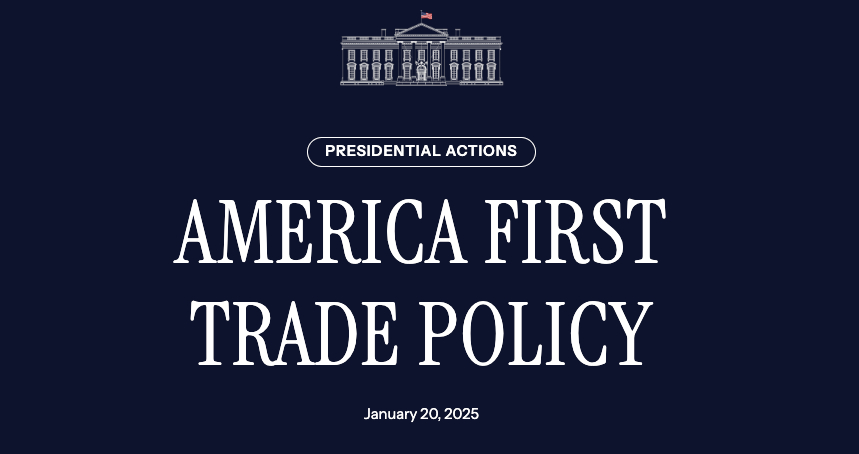
Brian Wong, Assistant Professor in Philosophy and Fellow at Centre on Contemporary China and the World, HKU and Rhodes Scholar
Jul 25, 2025
Trump’s ‘America First’ protectionist tactics are supposed to create advantages for the U.S. in trade and freeze out China in theory, but expect that the world needs America’s consumers to continue. New connections forming amid the trade war could mean instead, the U.S. is left out in the cold.
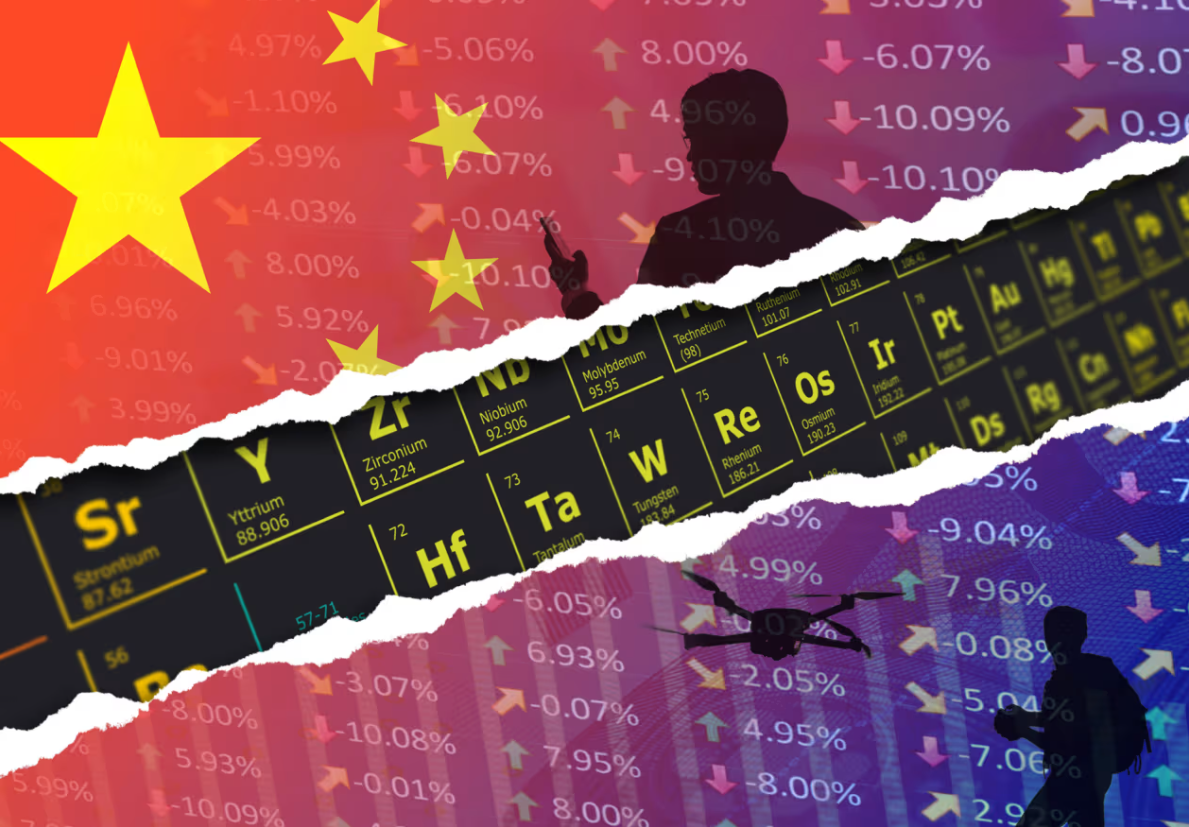
Zongyuan Zoe Liu, Senior Fellow for China Studies, Council on Foreign Relations
Jul 18, 2025
The most recent trade talks between the United States and China in Geneva and London provided little more than temporary relief in the conflict between the world’s two largest economies. Despite US President Donald Trump’s efforts to tout the stopgap measures as a “deal” that benefits America, China reads the scoreboard differently – and believes it is winning. From its vantage point, it has weathered the storm and emerged more confident, more self-reliant, and more convinced that its long game is paying off.
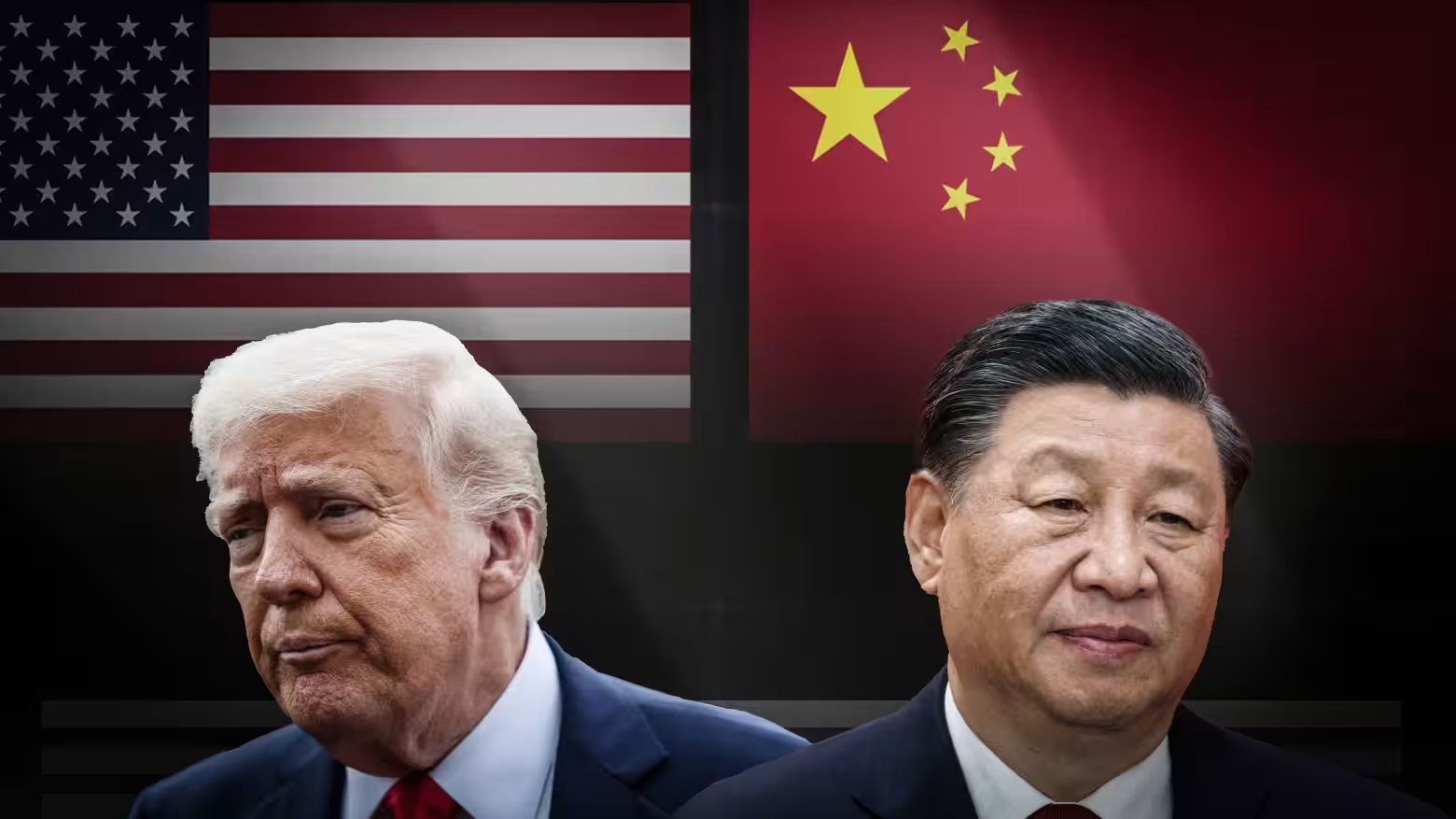
Fu Suixin, Assistant Researcher at Institute of American Studies, Chinese Academy of Social Sciences
Jun 12, 2025
Given the fact that most disruptions in the bilateral relationship originate in Washington, it is essential that the Trump administration apply the consensus reached during the call to its future actions.
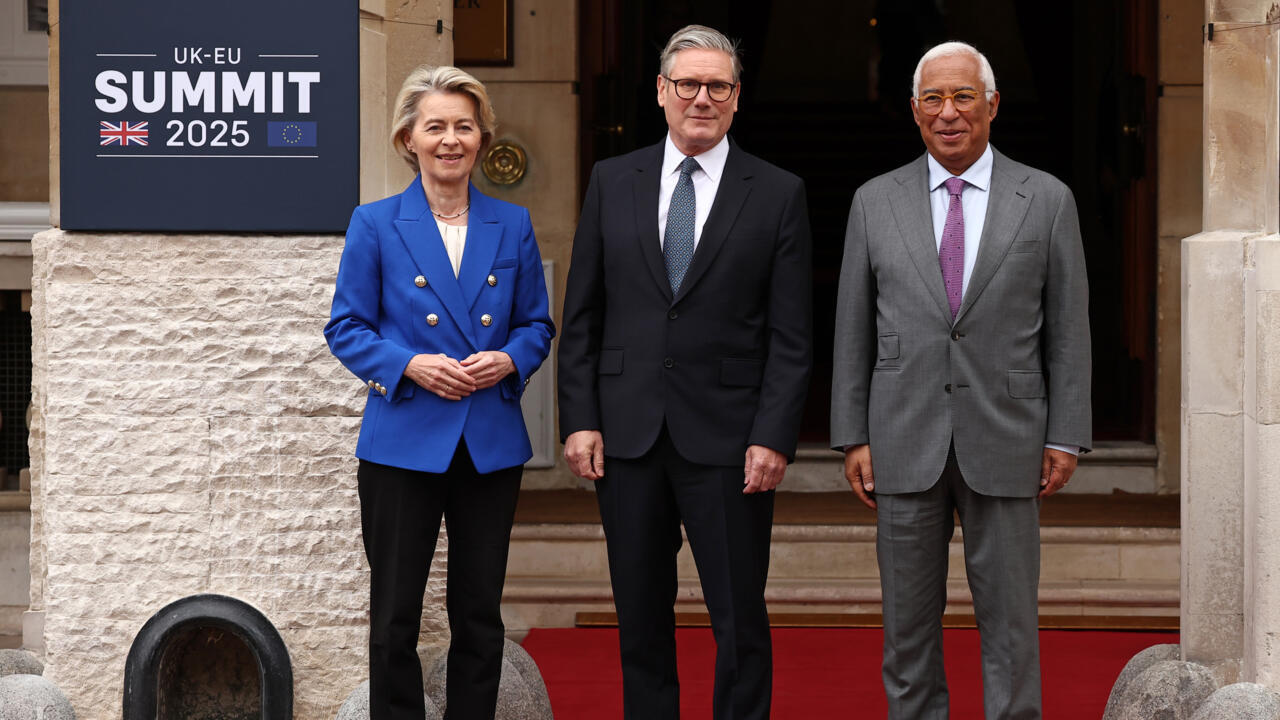
Zhang Yun, Professor, School of International Relations, Nanjing University
May 30, 2025
After reaching a consensus in their tariff negotiations in Geneva, China and the United States have significantly reduced their duties on each other. This has awakened countries around the world and inspired them to launch a new wave of regional integration.
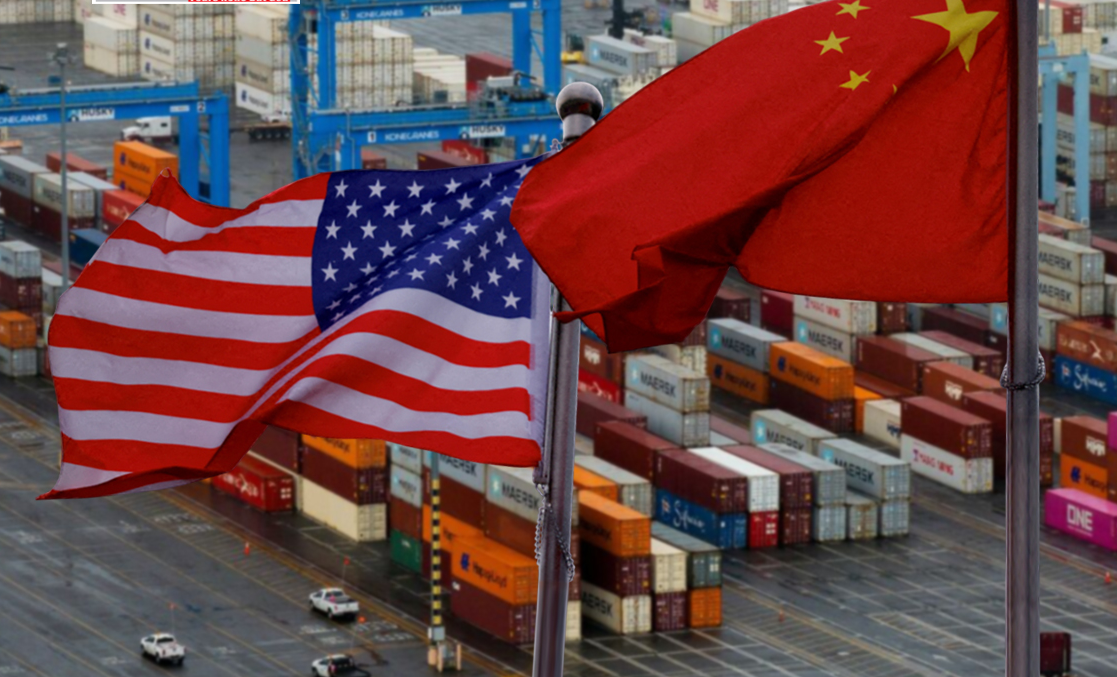
Ma Xue, Associate Fellow, Institute of American Studies, China Institutes of Contemporary International Relations
May 23, 2025
The recent China-U.S. economic and trade talks have helped ease trade tensions between the world’s two largest economies. Tariffs have been reduced significantly, lifting the pessimistic mood. However, a sustainable trade agreement has not yet been sealed.
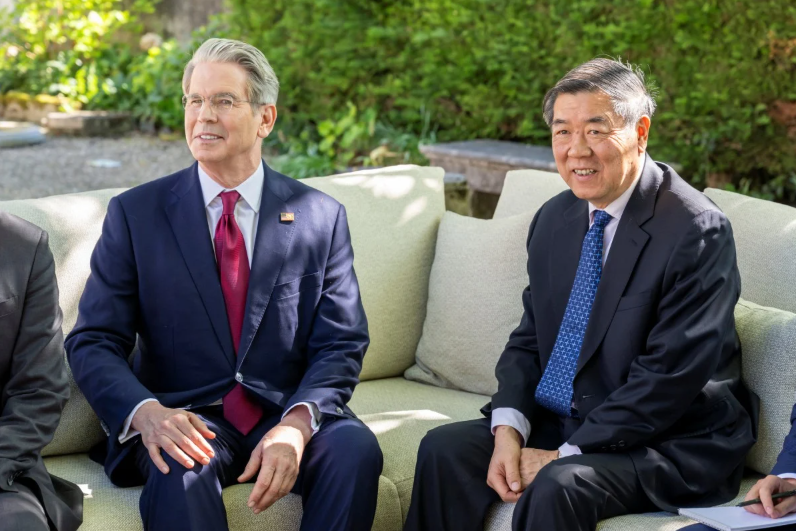
Fu Suixin, Assistant Researcher at Institute of American Studies, Chinese Academy of Social Sciences
May 22, 2025
To Donald Trump’s surprise, China showed no fear of tariffs. Instead, it launched a powerful tit-for-tat counteroffensive that caused the United States to back off. Trump’s pattern of bullying, his obsession with bellicose showmanship, his love of flattery and his attempts to instill fear are on display for all to see.
Back to Top

- China-US Focus builds trust and understanding between the U.S. and China through open dialogue among thought leaders.
- Our Offerings
- Topics
- Videos
- Podcasts
- Columnists
- Research Reports
- Focus Digest
- Stay Connected
-
Thanks for signing up!
- Get the latest stories from China-US Focus weekly.